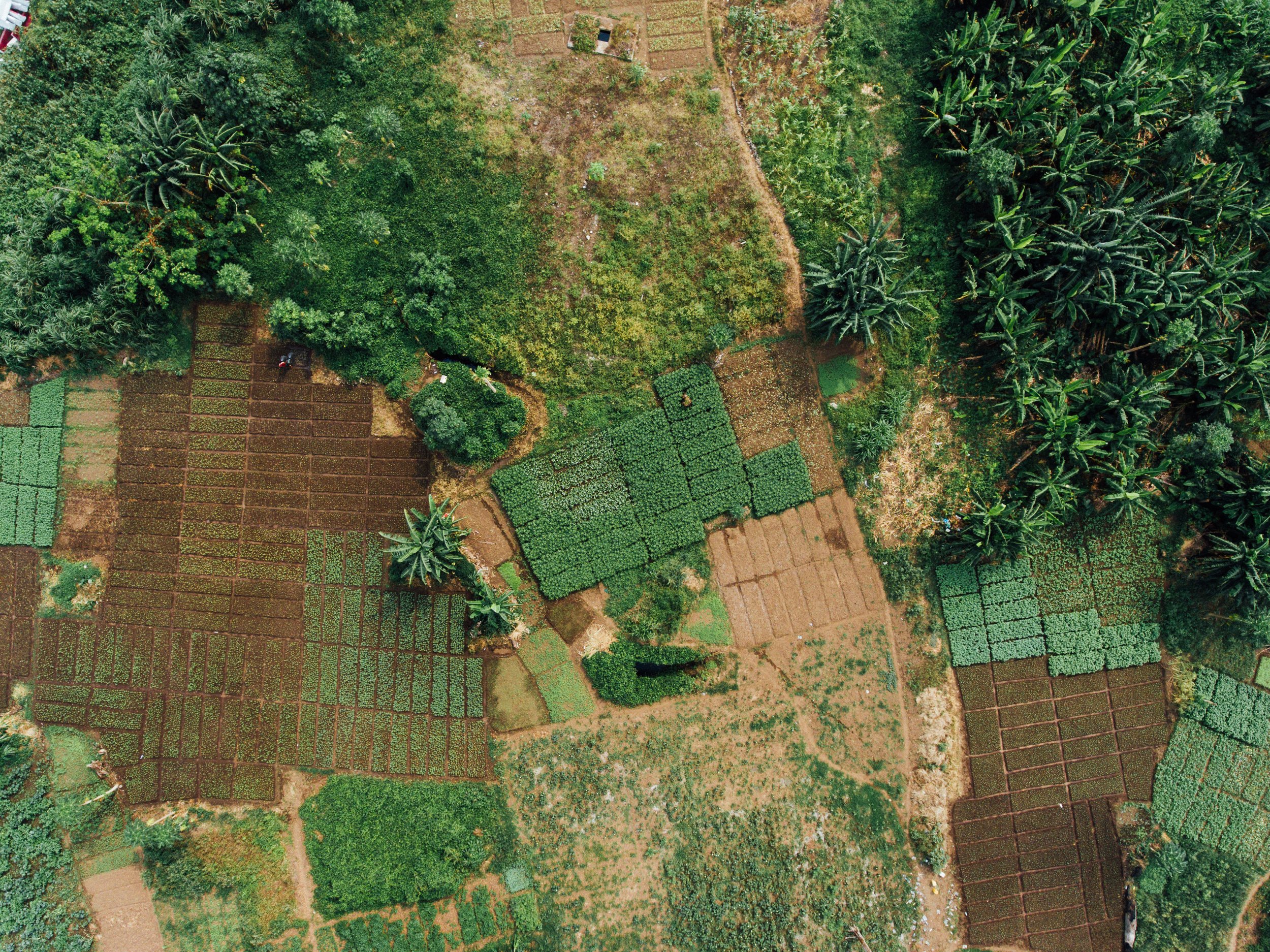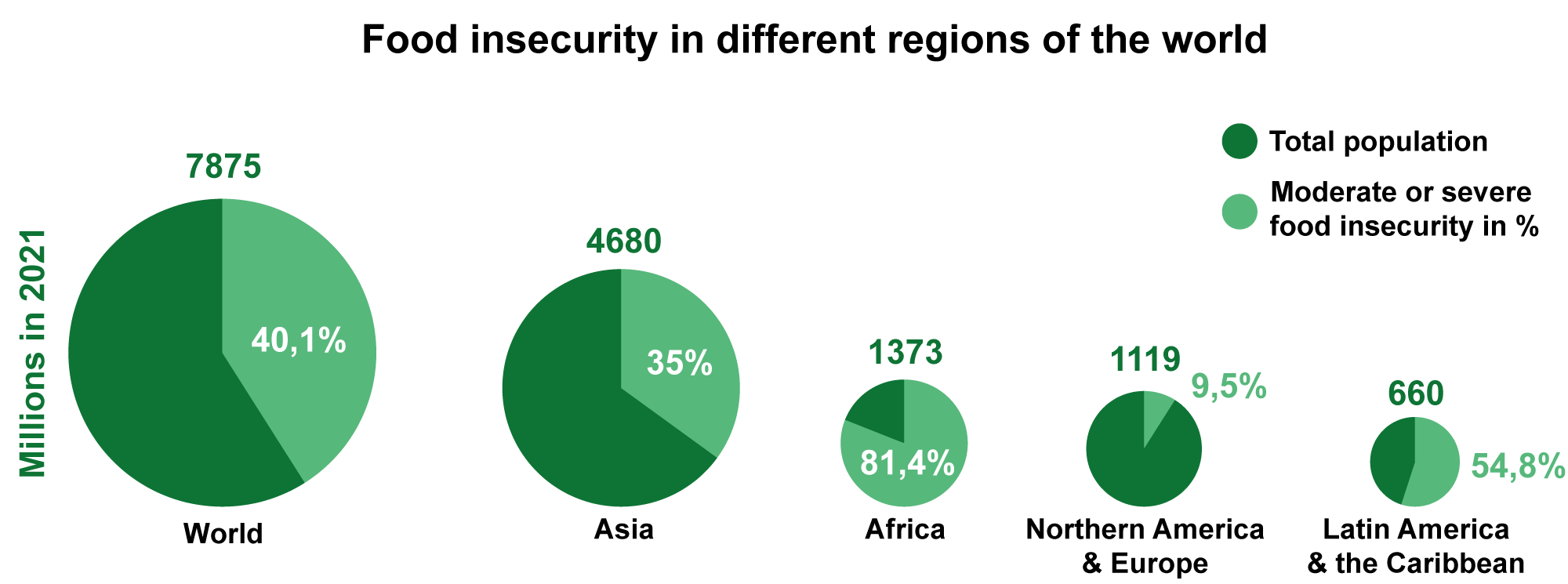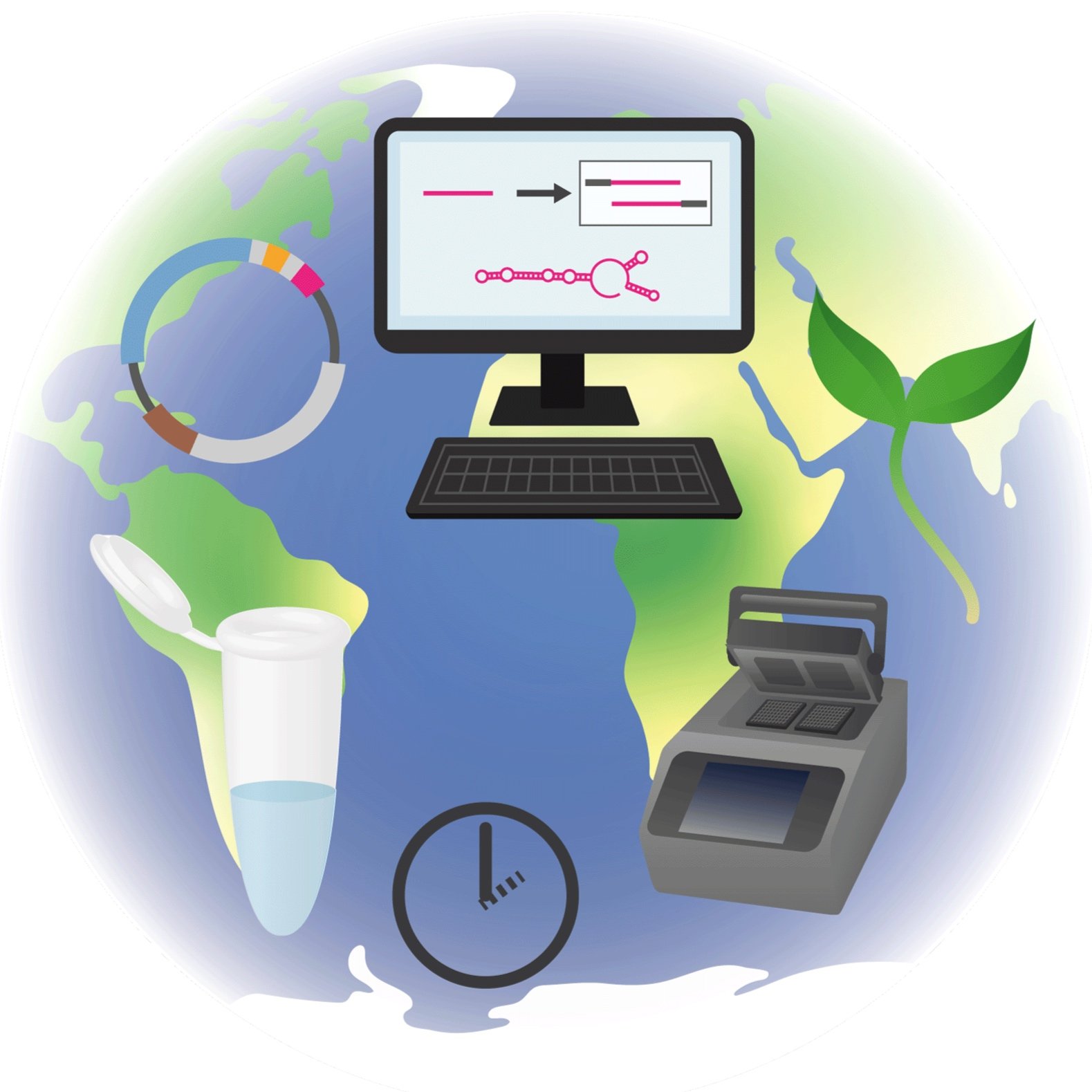Global agricultural challenges
Over 828 million people are currently suffering from chronic hunger, most in developing countries. Food insecurity and climate change disproportionately impact those countries and advancements in agricultural technology have historically targeted commercial crops in the Western world. Social and economic barriers make it impossible for scientists in low and middle income countries to improve their local crop varieties.
Grow More for accessible science
Grow More is a non-profit NGO, dedicated to equitable access to plant science and technology to support food security and sustainability in developing countries. We seek to not only bridge the scientific gap but also enable others in low and middle income countries to apply technologies and solve their own agricultural problems.
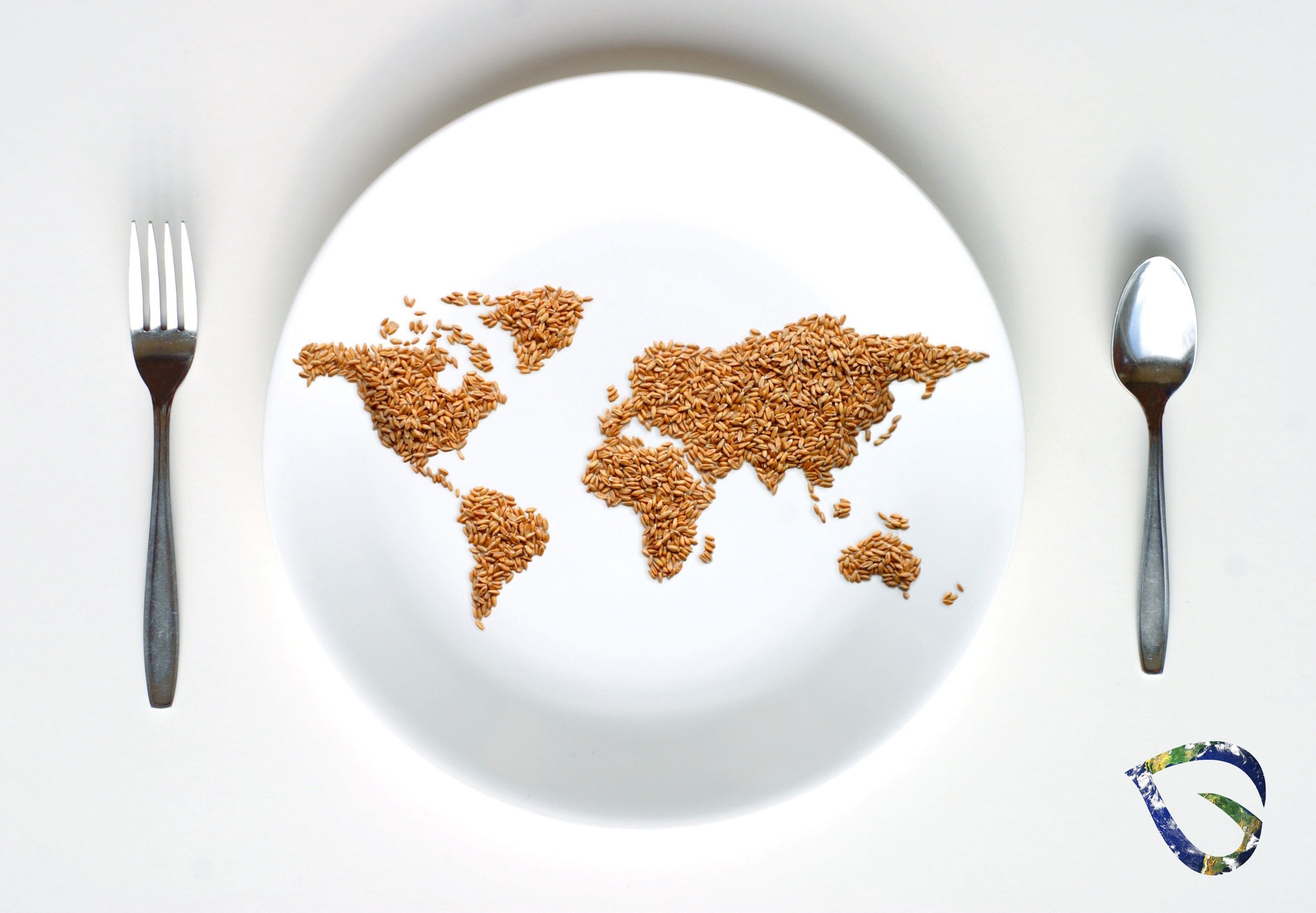
The challenge of food insecurity in a growing world
We know that food insecurity mainly impacts low and middle income countries, especially because of their underrepresentation in the application of innovative plant science technologies. Access to food is a fundamental human right, but chronic hunger causes many people to suffer. Despite the aim to end hunger by 2030, recent years have seen a rise in the number of undernourished people. And the world population continues to grow to 9.8 billion people by 2050.
Agronomy, the science of growing plants for food, is an ever-evolving field. Through research, breeding practices, and advances in biotechnology, we can utilize and apply different technologies to agricultural issues and grow more to feed the world. However, if only high income countries benefit from advancements in agricultural technology, the problem of hunger in places like sub-Saharan Africa won’t be solved.
The UN aims to end hunger by 2030 - how can we make this possible?
The concept of using scientific and agricultural advancements to combat hunger is a good starting point to face this challenge. History shows us that basic grafting experiments and vegetative propagation of plants have been some of the very first breeding attempts. They were followed by crossing plants, establishment of tissue cultures, plant biotechnology, Agrobacterium transformation and the most recent and efficient advancement: using genome editing and the CRISPR/Cas9 technology for crop development.
In the future, climate change will exacerbate droughts, flooding, pests, diseases and negatively impact crop yield. Therefore, worldwide scientists continuously tackle those agricultural challenges by developing new crops, treatments, and food growing systems. Unfortunately, the solutions they develop are often restricted to a small list of economically important crops, like maize, barley and rice. Even though it is a promising starting point, local, unterutilized crops are disregarded in these developments, while being central to the food supply in low and middle income countries.
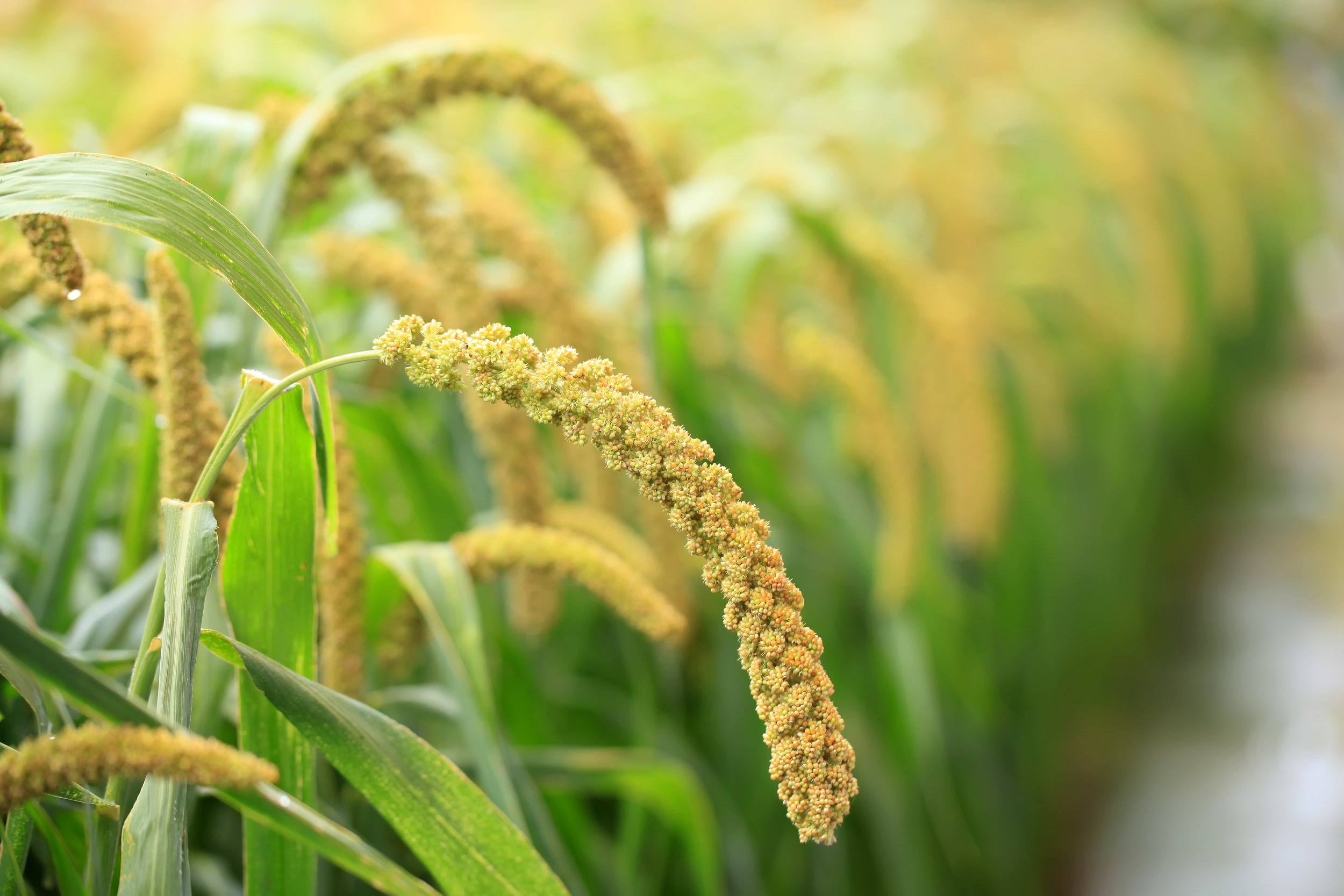
What challenges do we face when eliminating food insecurity?
Depending on where we look across the world, we see economic, geographical, social and political differences in every country. No two countries are the same. This is why general solutions for such a diversity of circumstances, people and countries often do not work. The numbers show a devastating reality when it comes to hunger in the world. When looking at a global scale, the distribution of food insecurity differs among various parts of the world.
In Africa, the majority of its population lives with moderate or severe food insecurity, while Northern America and Europe are by far less affected. One of the reasons is surely the accessibility to the newest scientific developments. Crops such as cassava, cowpea, plantain, millet, sweet potato, sorghum, tef, and yam are however very central to the food supply in low and middle income countries. It is clear that science advances crop trait development and a lack of application of these advancements to underutilized crops exists in those countries. Knowing that food insecurity mainly impacts these countries, the question arises, how can we bridge this gap?
Grow More focuses on translating technology to local underutilized crops
When it comes to the newest scientific advancement of gene editing, only 8.7% of gene edited crop traits were developed in underutilized crops and only 7 % of traits were actually worked on by low income countries - A major misrepresentation given the food insecurity these countries face. As plant scientists, we believe that plant science can and should solve agricultural problems, globally. Following discussions with plant breeders and scientists in African countries, we founded Grow More to serve as a bridge between scientific advances and agricultural applications. We focus on translating technologies that normally would be only applied to commercial crops, to underutilized staple crops. Our aim is to enable plant scientists in low and middle income countries with the resources to apply agricultural advancements in their own countries. It is important to us to enable others to independently and sustainably, develop successful strategies to face agricultural challenges and implement teaching programs. These are our ENABLE goals.
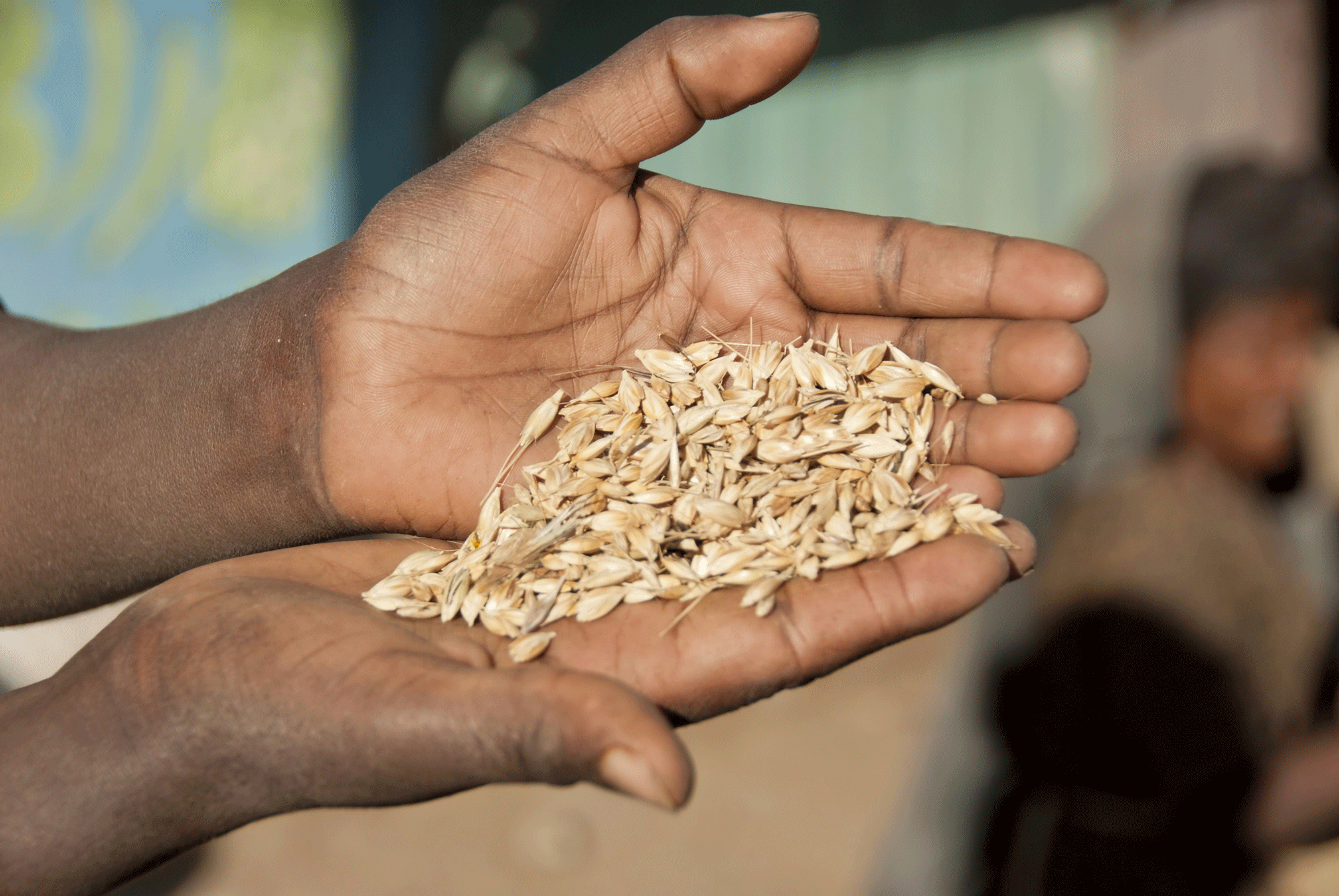
Enabling low and middle income countries through sharing technology
Grow More’s ENABLE® program evolved from discussions with scientists in Africa seeking new methods, techniques, and reagents to apply science to solve their own agricultural problems. The ENABLE® program builds on Grow More’s mission to ensure equitable access and application of science. We seek to translate the most recent and commercial technologies to solve the agricultural issues faced in low and middle income countries. We hope ENABLE® will empower local scientists and professors to become independent.
We envision a future where ENABLE® evolves with the advances of science and can be used in any aspect such as teaching, research, or breeding programs. We truly believe that now is the right time to apply the newest technological and scientific advancements to underutilized crops. All scientists should have the resources to scientifically solve their own agricultural problems, as well as train the next generation of scientists. This is our ENABLE® vision.
Our Grow More experts, our current projects and how YOU can get involved
Our Team
We at Grow More are dedicated to creating equitable access and application of scientific advances in low and middle income countries. Meet our team of experts striving to complete this mission.
Current Projects
Science is always evolving and adapting to new agricultural challenges and new molecular approaches are constantly being developed. We want to translate these technologies to locally relevant crop varieties and serve those in low and middle income countries.
Get Involved
We believe partnering with others is the key to advances in biotechnology and combating food insecurity. Whether you are a plant scientist in a anywhere in the world, a Ph.D. student, or looking to volunteer, there are many opportunities to get involved with Grow More.
